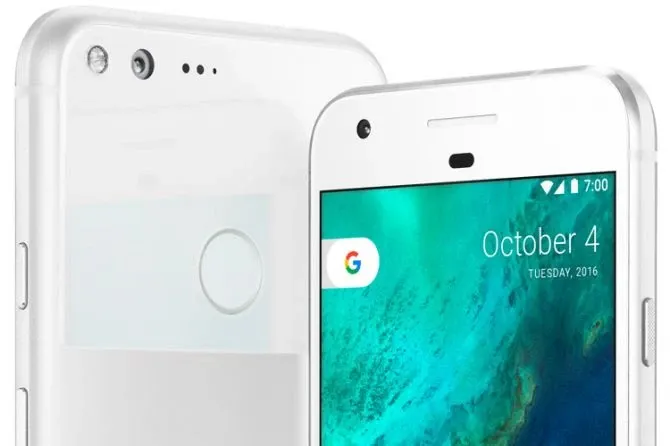Reddit Files Lawsuit Against Australia for Social Media Ban
Shortly after Australia’s controversial under-16 social media ban went into effect, Reddit filed a lawsuit against the country.

Google agreed to buy part of HTC’s engineering and design teams for $1.1 billion, taking on a cadre of veterans that worked on the Pixel phone and could bolster its nascent hardware business, according to Bloomberg.
Google is taking on some 2,000 employees with experience working on its signature Pixel devices, intended to showcase the best features of the Android software that now power the vast majority of the world’s smartphones. The deal also comes with a non-exclusive licensing agreement for HTC intellectual property.
The internet giant now gains tighter control over the design and production of the Pixel and other devices, potentially helping sales. Those gadgets are becoming the pillars of a strategic push to distribute critical software products like its voice-enabled assistant and better compete with Apple. The company is preparing to unveil a second generation of devices in October.
Alphabet investors may be concerned about history repeating itself. In 2012, Google paid $12.5 billion for Motorola Mobility, then a leading Android handset manufacturer. In less than three years, Google sold it to Lenovo for less than $3 billion, while keeping Motorola’s valuable patent portfolio. Owning Motorola had eroded their profit margins and upset other phone makers that relied on Android.
The HTC transaction however costs a lot less and comes at a very different time, when Google and its biggest rivals are more focused than ever on consumer devices built around new artificial-intelligence and augmented-reality services. The production resources of HTC, which assembled the first Pixel device and was key to the Nexus line, may support its existing phone operation. Greater control of hardware production would also give Google more influence over the distribution of new services.
It’s unclear what the departure of key engineering talent spells for the future of HTC, which once ranked among the world’s top smartphone makers but lost share to Apple, Samsung and Chinese manufacturers. It’s since waded into virtual reality with the Vive headset. HTC had been working with an adviser to explore selling its handset or virtual reality businesses, and Google had been talking with the company.
HTC Chairwoman Cher Wang told reporters the company is remaining in the smartphone business even after the Google deal. She said it still plans to release a new flagship smartphone for 2018, without elaborating.